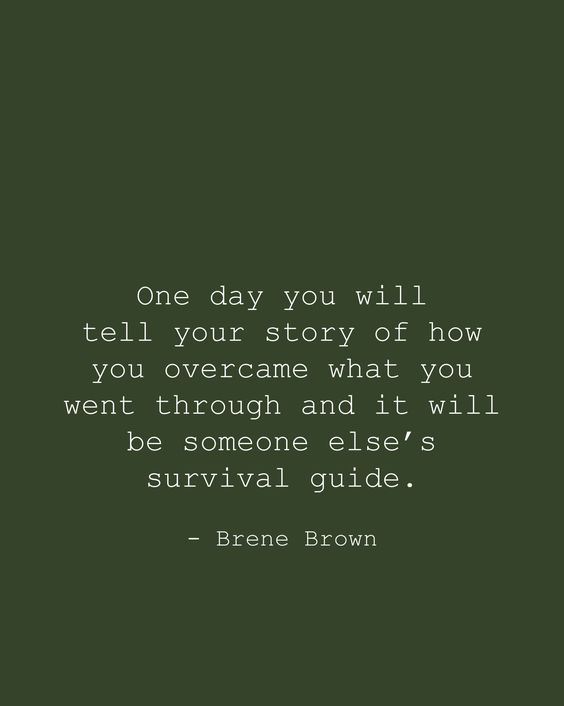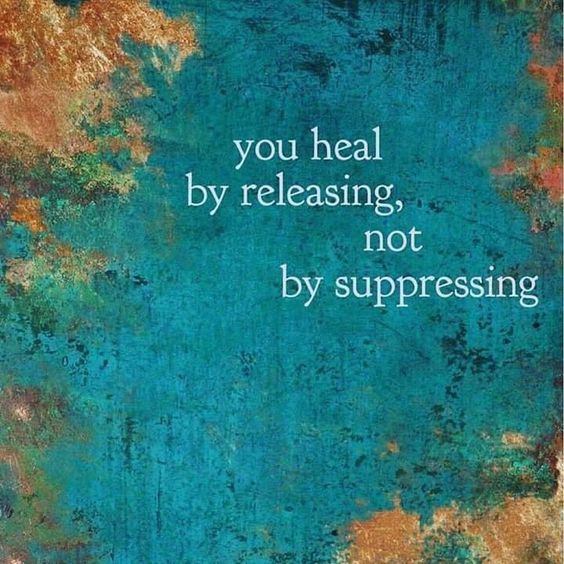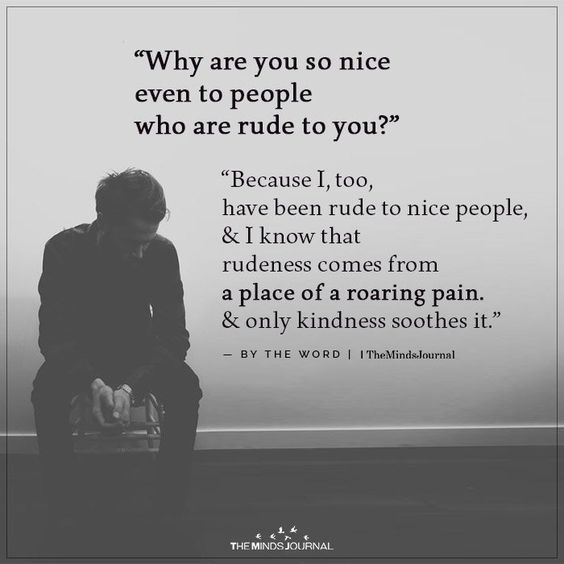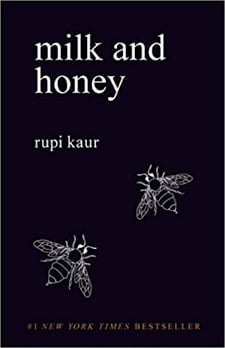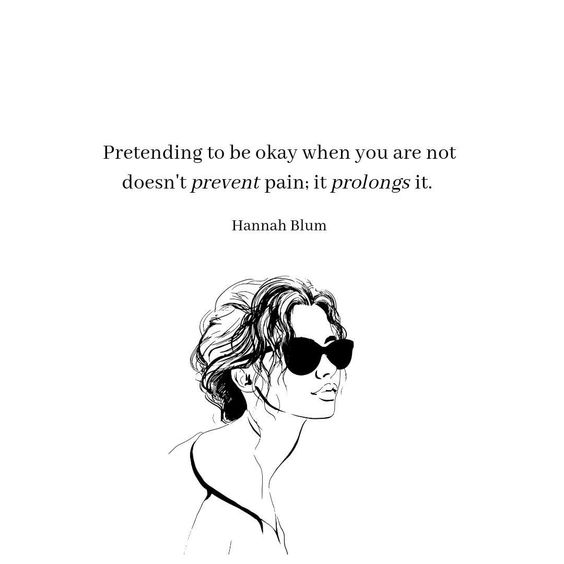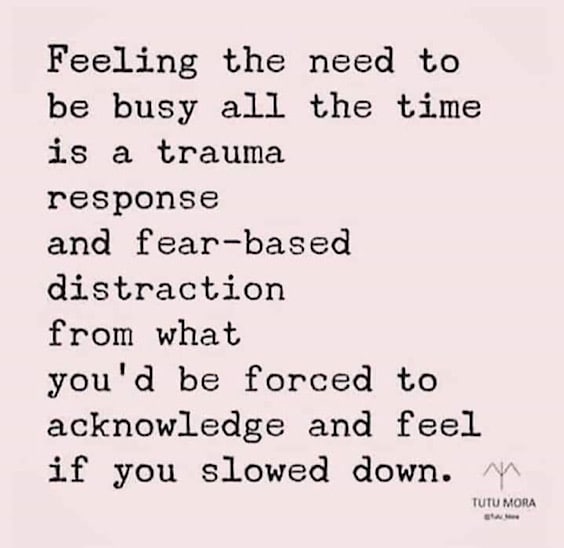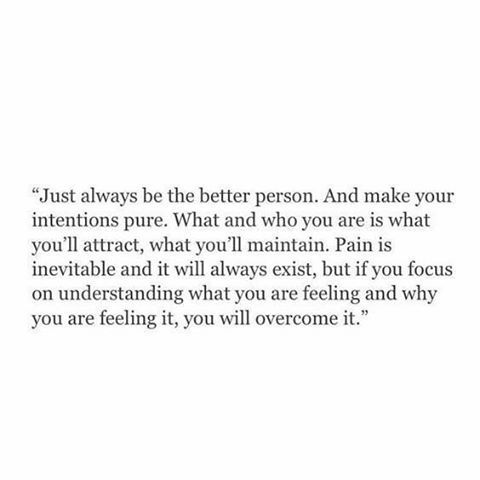Clay Jensen Quote on Choosing To Live and To Keep Moving, Whatever Happens.
“Whatever happens, keep moving. Get through it. Choose to live. ‘Cause even on the worst day, there are people who love you. There’s new music waiting for you to hear; something you haven’t seen before that will blow your mind in the best way. Even on the worst day, life is a pretty spectacular thing.”
Clay Jensen, Graduation Speech, 13 Reasons Why (Season 4)
Beyond the Quote (173/365)
If you’re going through hell… keep going. I mean, why would you want to stay in hell? Not moving doesn’t seem like an option when hell is where you find yourself—so don’t fool yourself if you’re in some kind of hellish reality. Keep moving. Whatever happens. No matter how hard things get. Keep moving forward in some kind of direction that’s going to take you away from where you are and out of the hell that you might find yourself in. What’s the alternative?
Read More »Clay Jensen Quote on Choosing To Live and To Keep Moving, Whatever Happens.